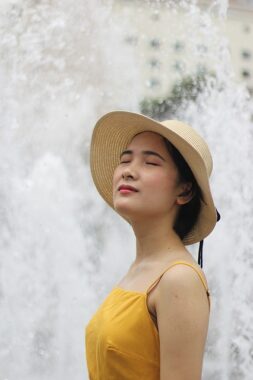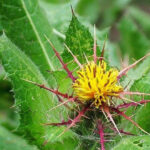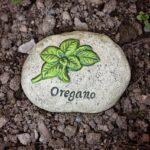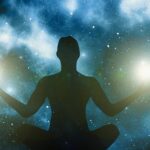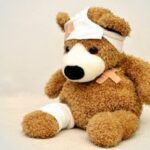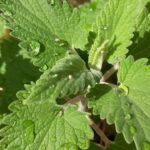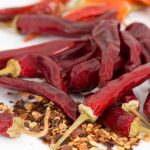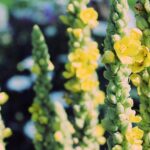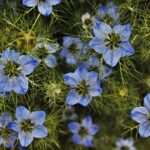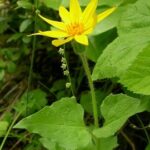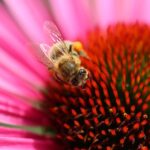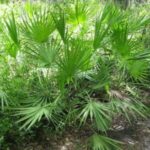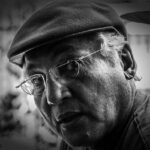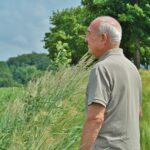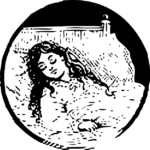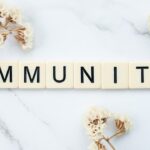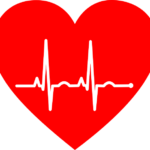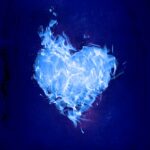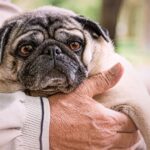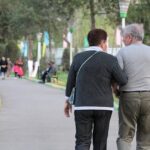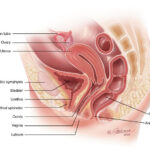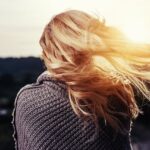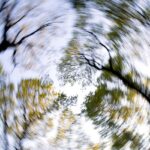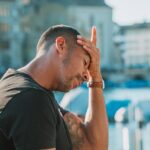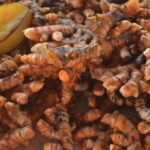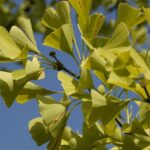This is a continuation of our conversation about naturally supporting the healing of a Traumatic Brain Injury.
If you haven’t read it already, you might be interested in reading part 1 in this series
Summary of Presentation
This work is delivered in three parts for easier assimilation. Brain injuries as it turns out can be quite complicated and involved.
- First, part 1, will include the details about Traumatic Brain Injuries, symptoms, the medical description, prognosis and first aid.
- Part two is about long-term recovery from a traumatic brain injury supported by the use of wholistic and herbal protocols
- Part tree focuses on Yoga Therapy as a tool to assist you in meeting your injury where you are and will include tools to help you and your brain heal fully
Onward
Herbs and Supplements to Help Heal a Traumatic Brain Injury
Traumatic brain injury symptoms can linger for many months. These ongoing neurological symptoms are known as post concussive syndrome. As it turns out, many of the long-lasting symptoms and biological/neurological chemical changes mimic those of the natural aging process. Thus, many of the herbs and supplements we use are those that treat or prevent “age-related” neurological and cognitive decline
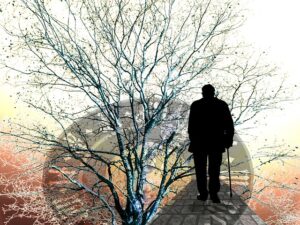
Again, and this cannot be stressed enough, taking time, slowing down, and caring for yourself is the most important factor in your recovery. You need time to rest. Your neural network and brain cells need to regenerate. This cannot be forced, and no amount of herbs or supplements is going make it go away. Rather, herbs and supplements support the healing process.
The more we take care of ourselves, the more complete healing, and the less likelihood of unforeseen long-term consequences. Herbs and supplements may also lesson symptoms over time and speed healing.
Rest is the first and most important ingredient. In my case it gave me an opportunity to understand patterns of pushing too hard. I also came to terms with an addiction to my phone and e-mail.
Herbal Remedies and Traumatic Brain Injury
Herbs can be a big benefit in the long-term healing of a traumatic brain injury. Slow and steady healing through nutritious, vitalizing, and restorative herbs is best. At first, it is wise to use caution when using circulatory stimulant herbs. Herbs like Gingko biloba and even Peppermint or Ginger can increase the circulation to brain tissue. This can do a lot of good when the time is right by bringing oxygen and nutrients neural tissue. However, during the first few weeks, or even months depending up on the situation, excessive stimulation may not be what is needed. The brain is healing. I’m not saying not to use these herbs but to use caution.
When adding an herbal protocol to address any health issue openminded caution is always advised. Gauge the reaction and effects of each herb or formula. Then adapt to what is best for each situation. A qualified herbalist is a valuable resource to help guide your healing journey. They will be able to suggest appropriate remedies, adjusting and making changes to formulas as needed.
The Herbs
My favorite herbs to support healing of the brain after a Traumatic Brain Injury include Bacopa monnieri, Wild Oats (Avena sativa), Blessed Thistle (Cardyuus benedictus), Yarrow (Achillea millifolium), American Ginseng (Panax quinquefolius), Gotu Kola (Centella asiatica), and Ginkgo Biloba. Other herbs are then chosen based upon the individual and the symptoms they are experiencing.
Bacopa B. monnieri
Bacopa has been used for thousands of years as a brain tonic to prevent memory loss, relieve anxiety, improve concentration and to treat inflammatory conditions like arthritis, bronchitis and edema or swelling. Traditional indications include anxiety, anger, insomnia, nerve pain, nervous debility, anxiety, depression, hypothyroid, Hashimoto’s thyroiditis, epilepsy, Alzheimer’s, panic attacks, headaches, tremors, mental illness, stroke recovery, recovery from head trauma, muscle spasms, paralysis, anemia, and weak immune system. Bacopa is said to steady the mind and increase concentration and is used by meditators to reach higher states of consciousness.
Recent studies show that the use of Bacopa inhibits the release of inflammatory cytokines (an immune system signaling molecule) and enzymes associated with inflammation of the brain. Thus, it is shown to limit central nervous system inflammation, protect brain cells from death, and encourage healing.
Suggested dose is a cup of tea, 2-3 ml of tincture or liquid extract or 300 mg of standardized extract. All 2 to 3 times per day.
Wild Oats (Avena sativa)
One of my favorite plants for soothing and nourishing all levels of the nervous system, Avena or Wild Oats, has a special affinity to the central nervous system helping to cool, sooth and restore it to normal function regardless of the stressor.
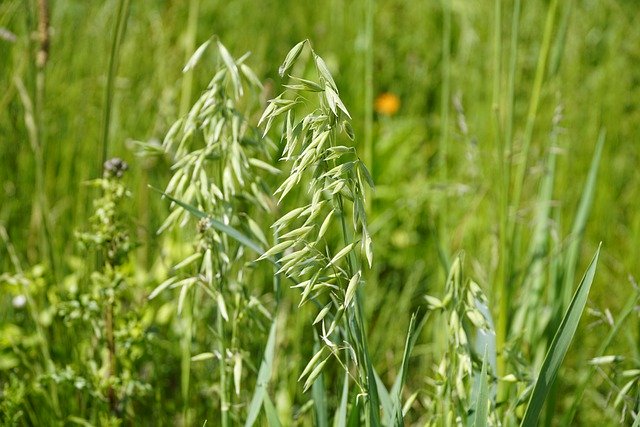
This is a safe and nutrient rich herb that heals through rejuvenation and vitalization. Avena acts as a general restorative and antidepressant that helps reduce inflammation and anxiety while soothing, protecting and improving healthy nerve function.
Blessed thistle (Cardyuus benedictus)
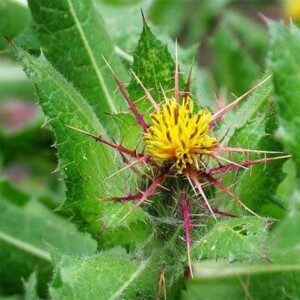
I added this one because after the injury my ears were ringing like crazy, my eyes were blurry, and I felt not dizzy but definitely a little unstable. Blessed thistle works wonderfully for this purpose. 1-3 ml a few times per day acts as a nerve tonic specific for poor memory, tinnitus, poor hearing, and dizziness. It worked great for me.
Gotu Kola (Centella asiatica)
A native of Asia and the Indian subcontinent, Gotu Kola has been used for 1000’s of years in Ayurvedic medicine. As an adaptagenic herb, this herb helps the body, mind, spirit, and emotions deal with and digest stress of all types.
As a brain tonic and neuroprotective, Gotu Kola improves cerebral circulation, stimulates the growth of healthy brain cells and boosts plasticity and communication between neurons. Studies show a 1:2 extract at 30% alcohol improved cognitive impairment after stroke and restored declined function and memory after 6 weeks of use 3x per day.
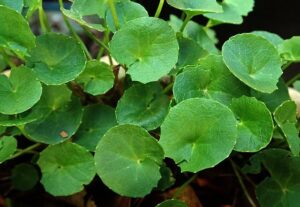
Gotu kola helps reduce swelling, relieve mental fatigue, and prevents seizures. It is used to improve mood, relieve anxiety and depression, and protect against brain fog, memory loss and mood swings.
As a bonus, Gotu Kola’s analgesic action may relieve some of the other bodily aches and pains related to the injury.
Suggested dose – 4 oz of tea, 30 to 60 drops of tincture, or 50 to 250 mg of standardized extract all 3x per day.
American Ginseng (Panax quinquefolius)
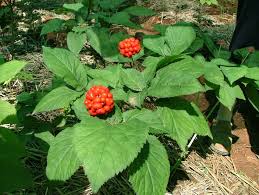
American Ginseng is a whole-body tonic that normalizes body functions helping the body, mind and spirit deal with stress of all kinds. For our purpose, this herb helps to improve concentration, memory, and insomnia. It helps relieve weakness, fatigue, and depression and shows promise as a brain rejuvenation agent, enhancing the ability to learn and retain information while preventing memory loss.
Ginkgo Biloba
Ginkgo leaves are a cerebrovascular trophorestorative, with antioxidant and vasodilating properties. It contains a type of flavonoids called Glycosylated flavonoids that improve circulation to the brain while it directly reduces edema or brain swelling. Gingko also has a special stabilizing effect on the smaller blood vessels helping them to pass nutrients and oxygen more efficiently.
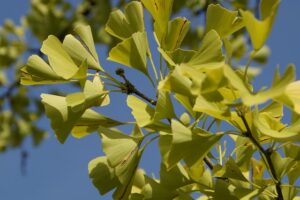
The herb works very well; however, it is a strong circulatory stimulant and may be too much for some people depending on their level of injury. Personally, I found that taking the herb made me a little dizzy and gave me a headache. Herbs are very personal when it comes to personal experience. If you want to try it, I suggest either waiting a few weeks, or beginning at a low dose and working up from there.
Dose suggestions is 240 to 480 mg of standardized extract daily. The standardized extract should contain 24% flavo-glycosides.
Other Helpful Herbs
Some additional herbs that might be helpful to support healing of a traumatic brain injury. Based on your need and situation are
- Turmeric (or the supplement Curcumin) was shown in a 2011 study to normalize brain derived neurotropic factor levels, playing an important role in neuronal survival and growth. Turmeric is a general body anti-inflammatory helpful for treating central nervous system injury and inflammation. It also helps improve motor function and the ability to learn.
- Rhodiola rosea is a versatile adaptogen that optimizes serotonin and dopamine levels and helps protect brain neurons. It is useful for mild to moderate anxiety and/or depression to increase mental alertness, improve memory, and reduce fatigue and brain fog. Rhodiola is best taken early in the day. If taken before bed, it can cause stimulation and sleeplessness.
- Ginger tea may be helpful for our purpose to ease pain and reduce nausea. Ginger is an anti-inflammatory and antioxidant that increases circulation, improves blood viscosity and reduces the risk of blood clots.
- Lobelia inflata acts quickly to effect spasming, causing the body to relax, and calming excited muscles. Lobelia also has a soothing effect on the mind and emotions helping folks to calm down. Drop doses are most appropriate for internal use. Alternately, it can be applied externally to the area of discomfort.
- Mullein tincture or tea – The entire mullein plant is beneficial for healing. The stalk, but also the leaves or flowers, have a long history of positive action on the spine. The plant is known to sooth and help heal synovial fluid around the joints. It also has anti-inflammatory demulcent, sedative, and astringent properties.
- Comfrey is also known as knit bone. Use an infusion of the root or leaves as a spray or wash in case of a skull fracture.
Herbal Recipe
One possible TBI Healing Support Extract
Combine individually prepared herbal tinctures or extracts
- 2 parts Brahmi monnieri
- 2 parts Gotu Kola Centella asiatica
- 2 parts Milky oats Avena Sativa
- 1 part Blessed Thistle Cardyuus benedictus
Dosage suggestion – 30 to 60 drops 2 or 3 times per day.
Nutritional Supplements to Support Healing of a Traumatic Brain Injury
Listed below are some of the most studied and most beneficial supplements to assist with the healing of a brain injury. Please notice that a lot of these nutritional elements are found in everyday, easily accessible foods. Some of the research indicates that the sooner we can begin supplementation after the initial injury the more positive the outcome, especially in cases of mild brain injuries like a concussion. When the injury is more severe, there is likely to be more pharmaceutical involvement. Always check to see if the supplement (or herb) you wish to take is compatible with your medication.
Acetyl L-Carnitine (ALC)
An amino acid with the ability to cross the blood brain barrier, ALC provides a transport mechanism for fatty acids to the neurons, nutritionally protects neurons, improves cerebral blood flow and participates in cellular energy production as well as in the maintenance and repair of neurons and receptors.
ALC can be purchased as a supplement. For the best cognitive effect, the suggested daily dose is 500-1500 mg per day. It is further suggested to start at a lower dose of 500 mg and work upwards to the higher dosages.
The best natural sources of Acetyl L-Carnitine are animal products like meat, fish, poultry, and milk. In general, the redder the meat, the higher its carnitine content.
Zinc
Zinc levels are usually depleted after a Traumatic Brain Injury. When taken for about a month after the injury, Zinc supplementation is used to reduce inflammation and prevent brain cell death. Good food sources For Zinc include beans, nuts, crab, lobster, chicken, red meat, whole grains, nuts, oatmeal, and dairy products.
Sulforaphane
Obtained from cruciferous vegetables such as broccoli, brussels sprouts, and cabbages, a 2014 study showed Sulforaphane improved blood brain barrier integrity, reduced cerebral edema and improved cognition and memory retention in rats.
B-12
Vitamin B-12 is particularly useful after a Brain Injury. The body uses B-12 to produce a kind of insulation that coats nerve tissues that allows electrical impulses to communicate easily thus improving neural function. It also increases energy production of brain cells, making it an important element in the healing process. Good dietary sources for vitamin B-12 include meat, eggs, fish, and dairy products.
Vitamin D
Vitamin D is a fat-soluble vitamin that is found in cod liver oil, fish like salmon, swordfish, tuna and sardines. It is also found in egg yolks and beef liver. One of the most beneficial ways to maintain a healthy level of vitamin D is through sun exposure on the skin.
With neuroprotective benefits, Vitamin D supports recovery from TBIs because it regulates genes important for brain function, supports the immune system, manages fatigue, and helps improves impaired memory, and regulates communication between neurons.
Look forward to a continuing discussion of healing from a traumatic brain injury in part 3 – Yoga, Yoga Therapy and Healing from a Traumatic Brain Injury.
Blessing to your good health,
Annie
Suggested Products
References
http://vtherbcenter.org/wp-content/uploads/2012/04/Herbs-for-TBI.pdf
https://www.healthline.com/nutrition/7-plant-sources-of-omega-3s#TOC_TITLE_HDR_9
https://pubmed.ncbi.nlm.nih.gov/27473605/
https://nootropicsexpert.com/gotu-kola/
https://www.ncbi.nlm.nih.gov/pmc/articles/PMC5491366/
https://www.flintrehab.com/vitamins-for-brain-injury-recovery/
https://ods.od.nih.gov/factsheets/Zinc-HealthProfessional/
Proefrock, Kenneth ND; Naturopathic approaches to the treatment of Cerebral Palsy, Strokes, TIAs, Concussions and Concussion Syndrome; SWCBM 2014
Telkes Nickole; Materia Medica for Head Injuries, Acute and Long-Term treatments; Plant Healers Herbal Clinician, Plant Healer Magazine, Gila NM
Disclaimer
The statements and ideas presented here are not intended to diagnose, treat, cure, or prevent any disease or condition. They have not been evaluated by the FDA. All ideas presented are for the sole purpose of education. To help you take control of your own health. If you have a health concern or condition, consult a physician. We suggest that you always consult a medical doctor before modifying your diet, using any new product, drug, supplement, or doing any new exercises.
These statements and products have not been evaluated by the FDA. They are not intended to diagnose, treat, cure, or prevent any disease or condition. If you have a health concern or condition, consult a physician. Always consult a medical doctor before modifying your diet, using any new product, drug, supplement, or doing any new exercises.
Herbs taken for health purposes should be treated with the same care as medicine. Herbal remedies are no substitute for a healthy diet and lifestyle. If you are serious about good health, you’ll want to combine diet, exercise, herbals, a good relationship with your doctor and a generally healthy lifestyle. No one of these will do it alone.
This information is designed to be used as part of a complete health plan. No products are intended to replace your doctor’s care, or to supersede any of his/her advice or prescriptions.

